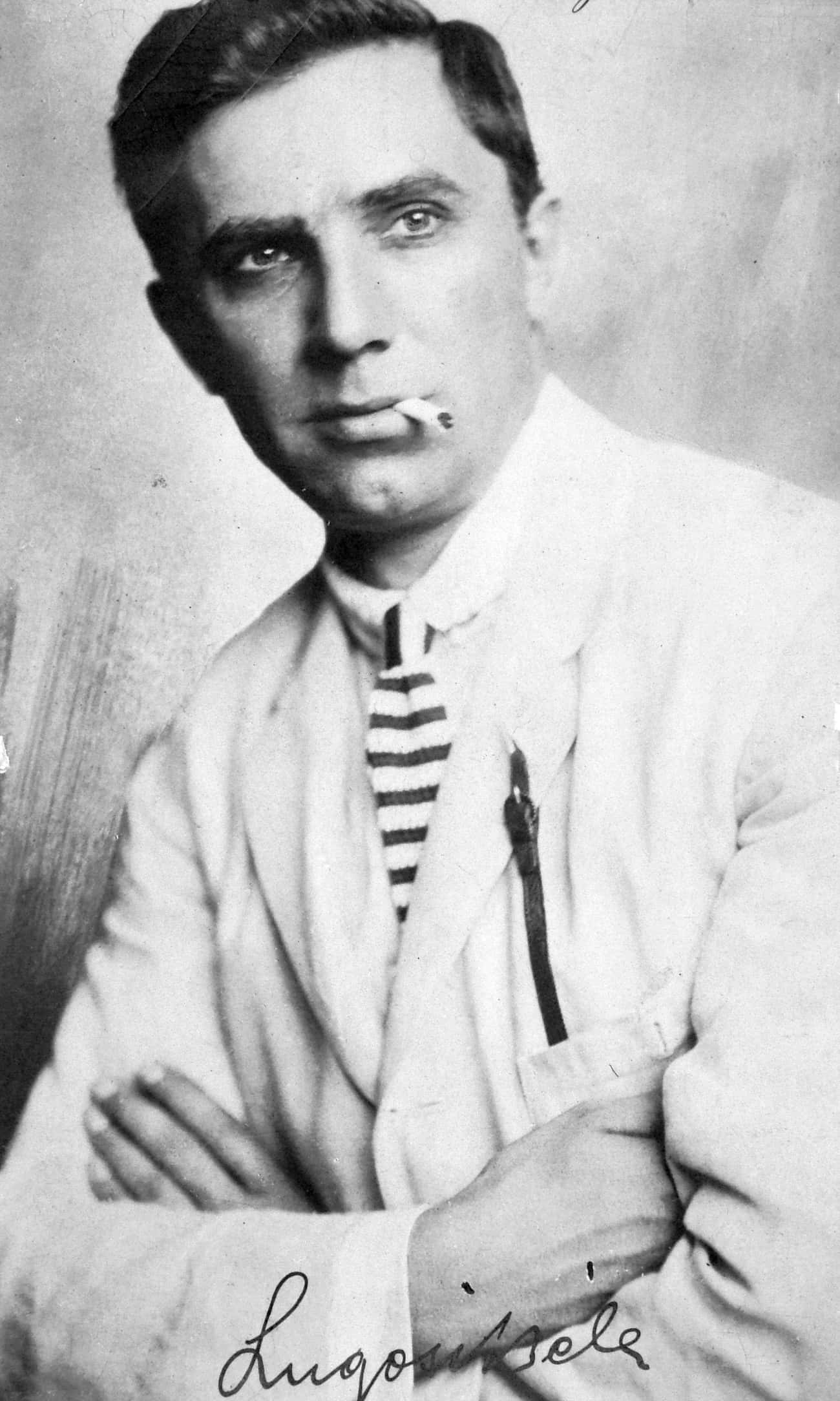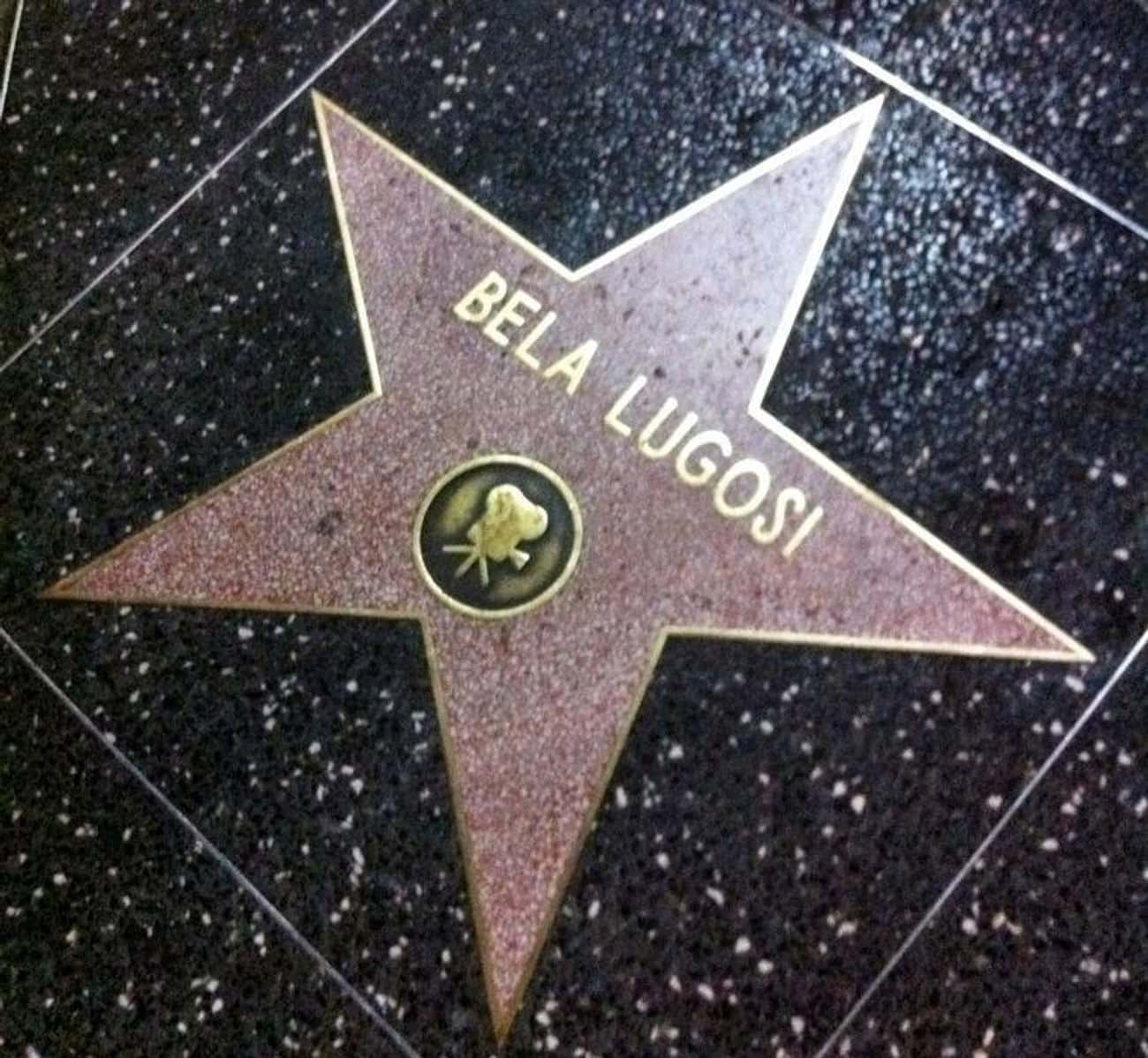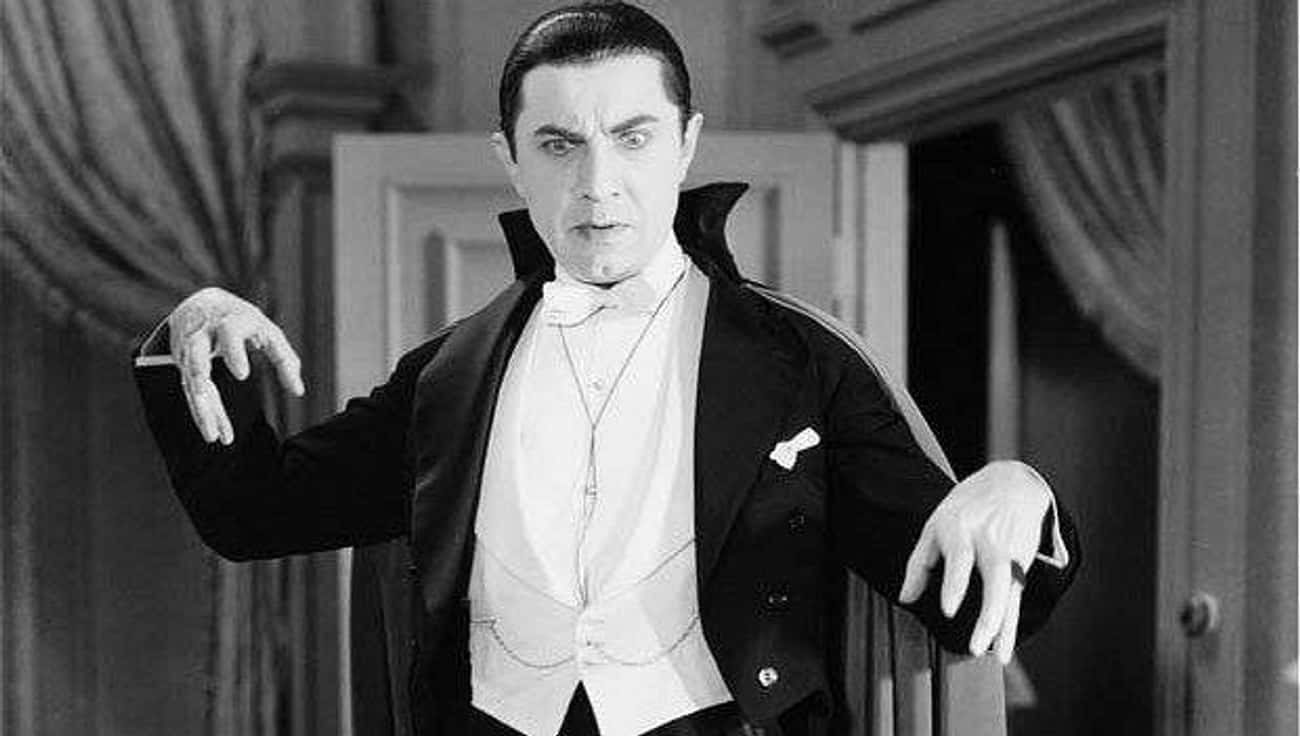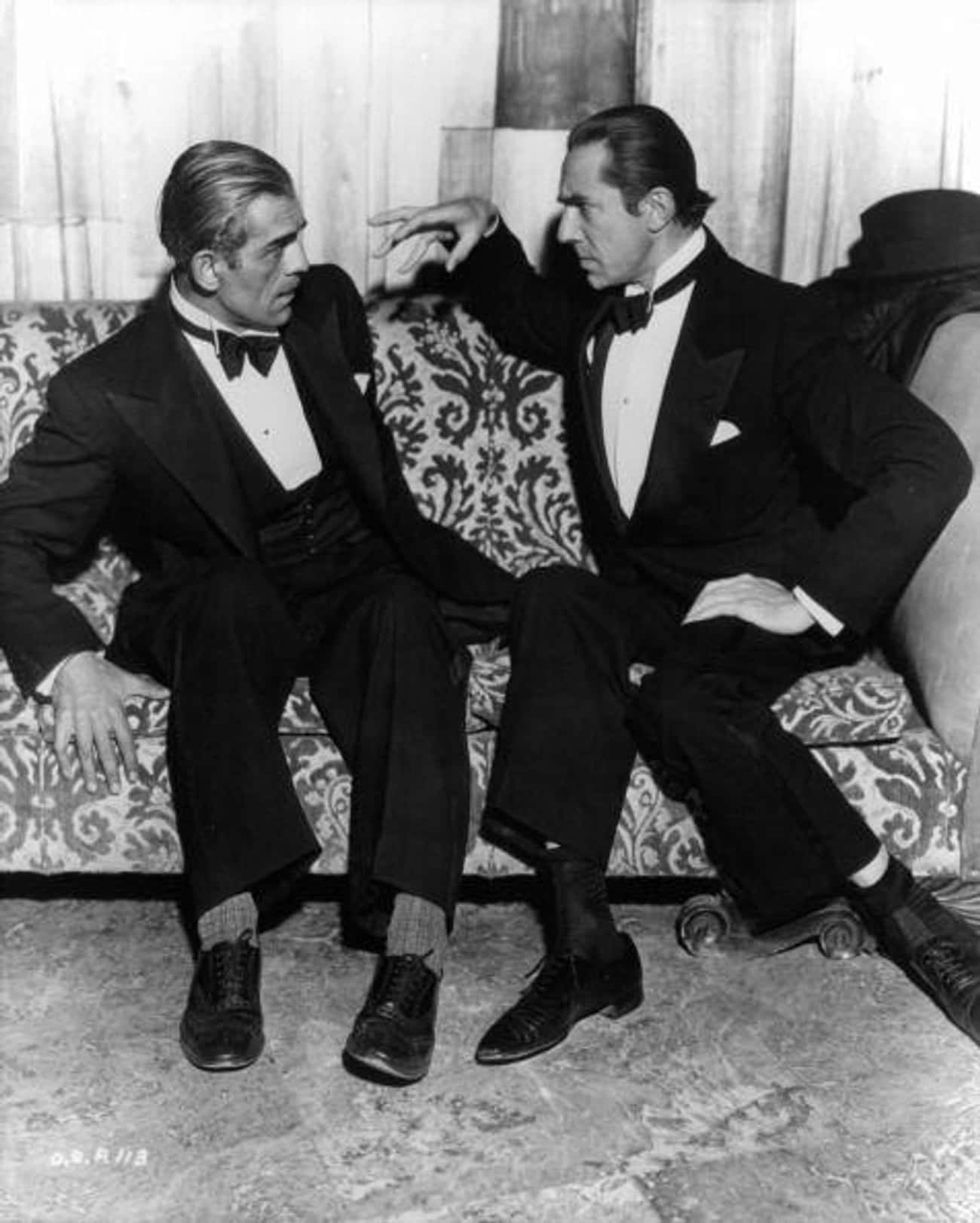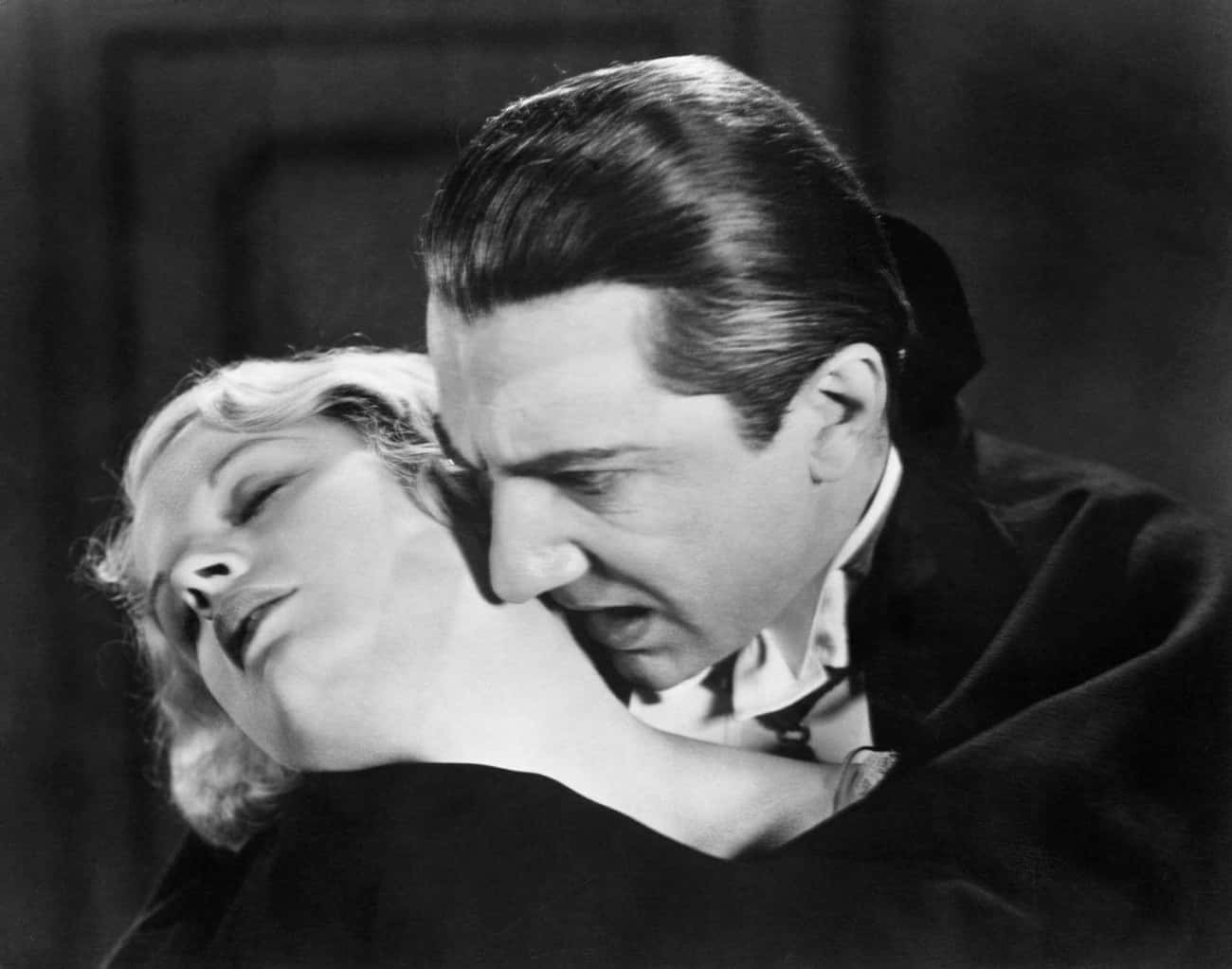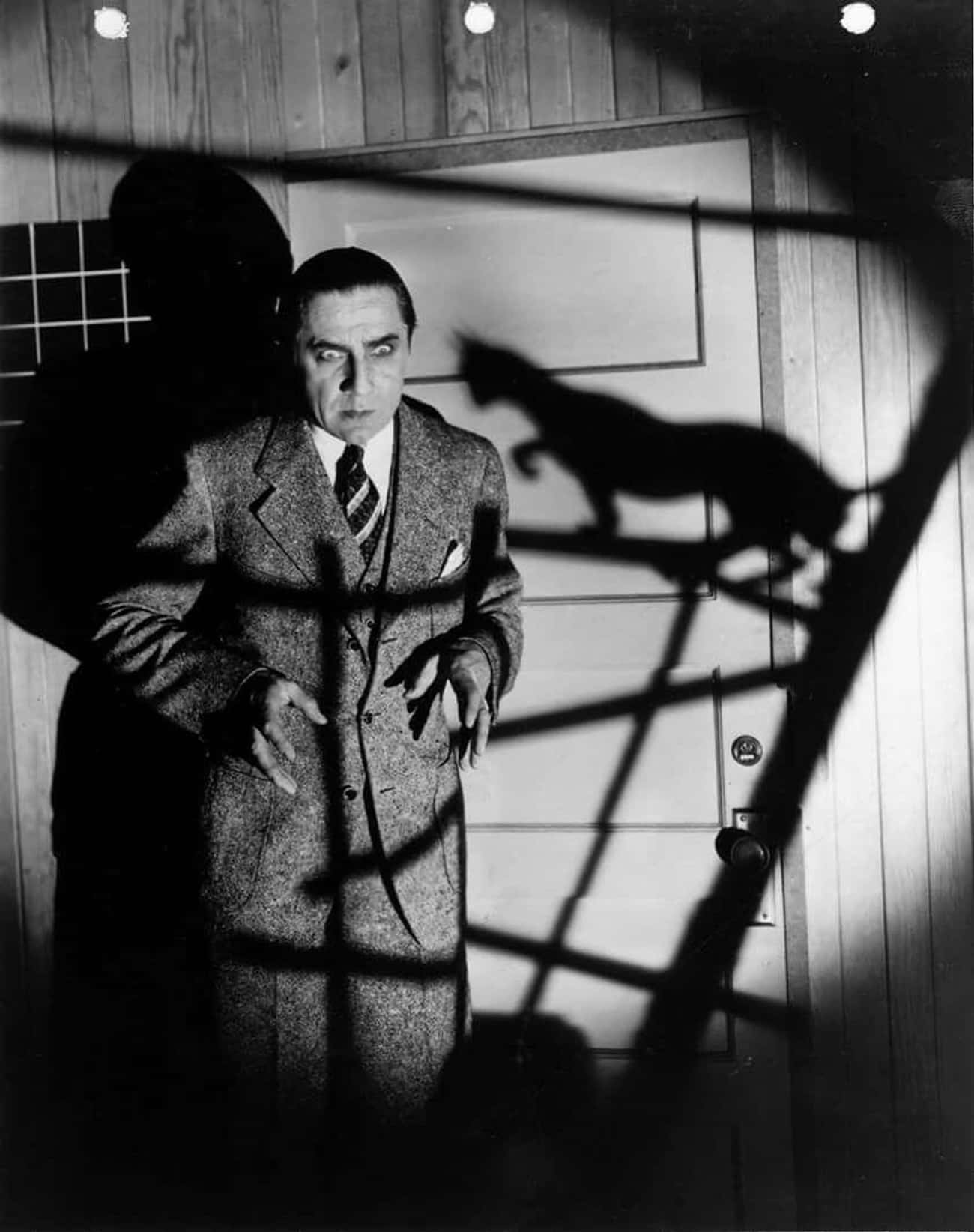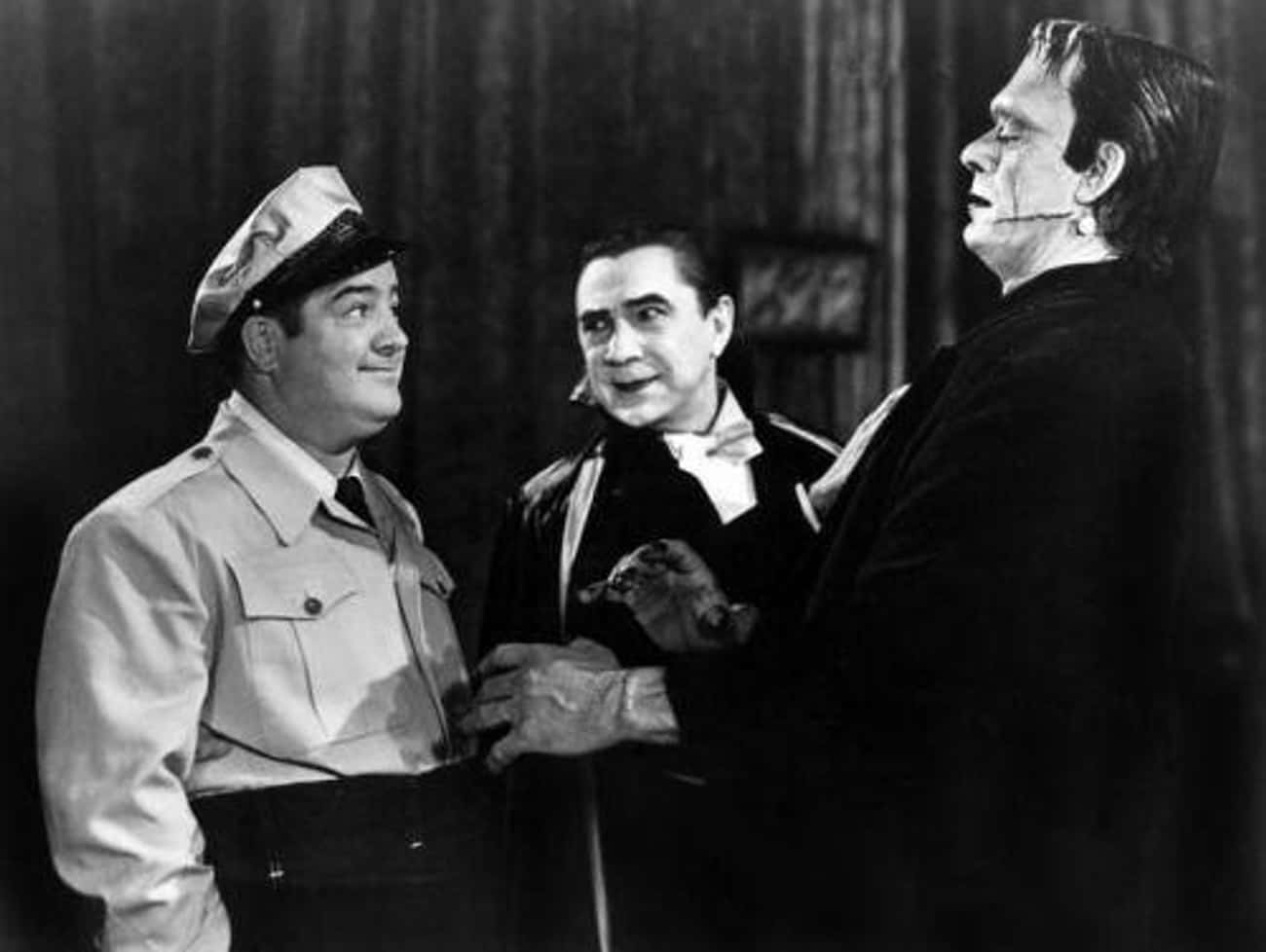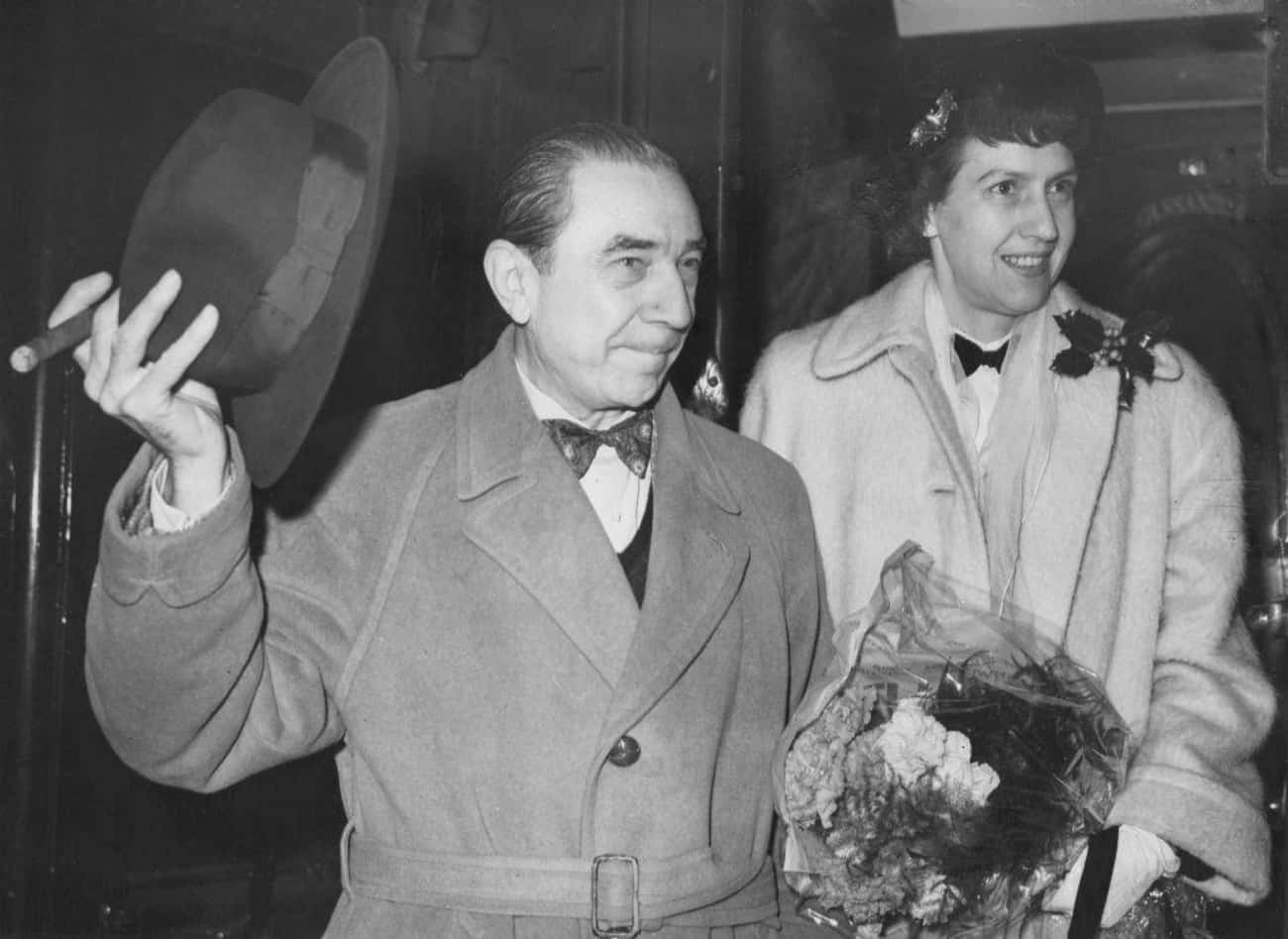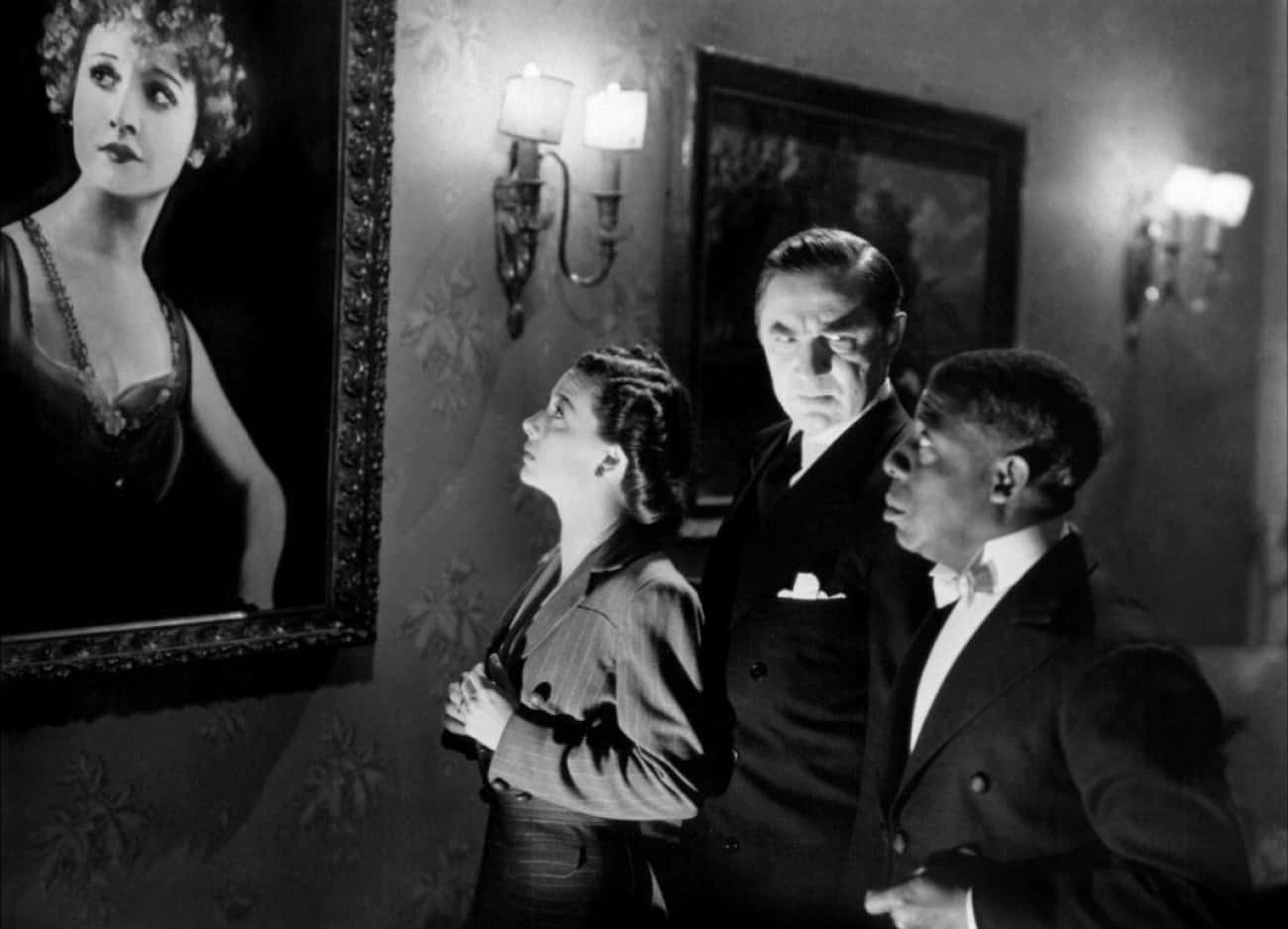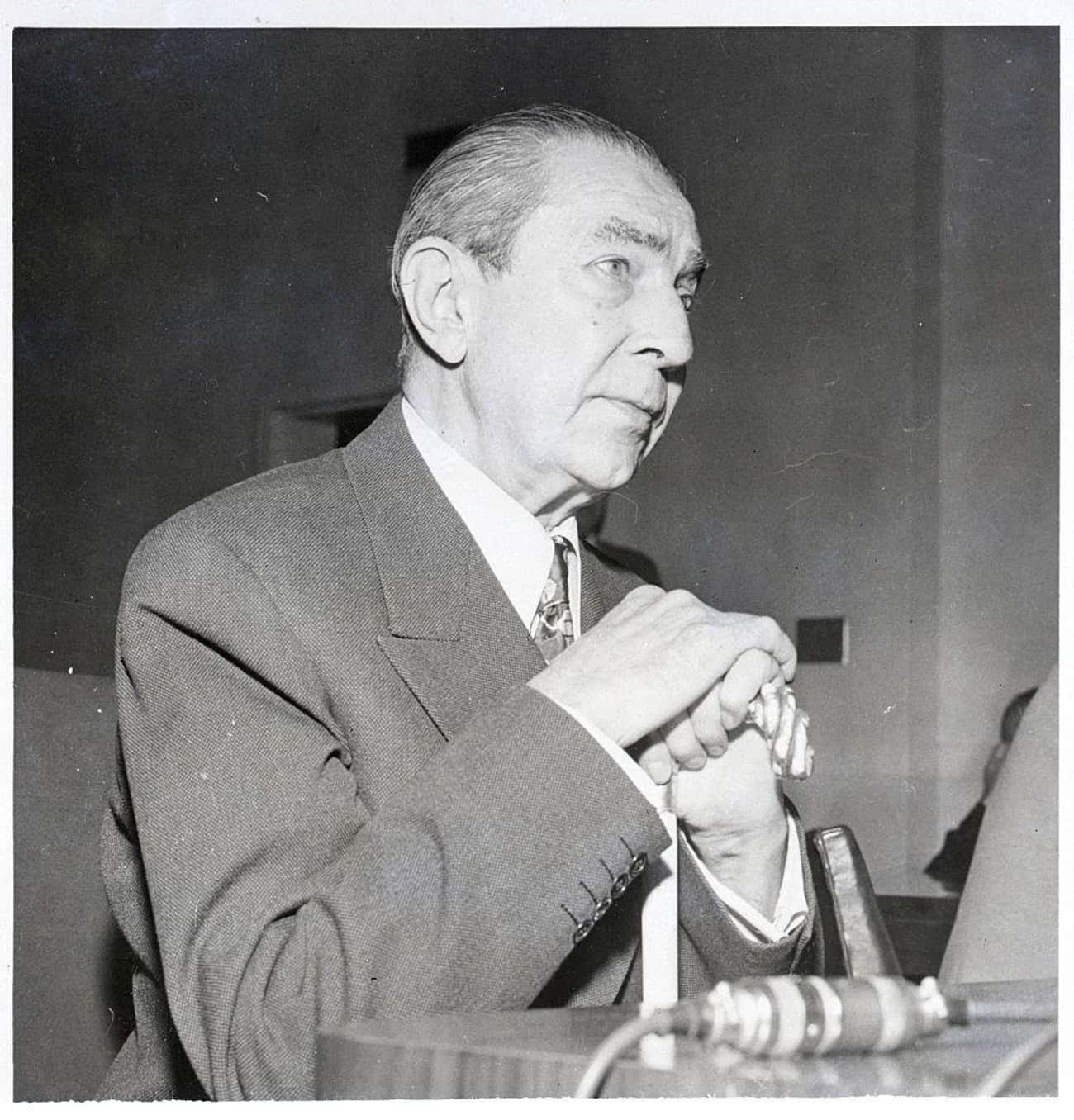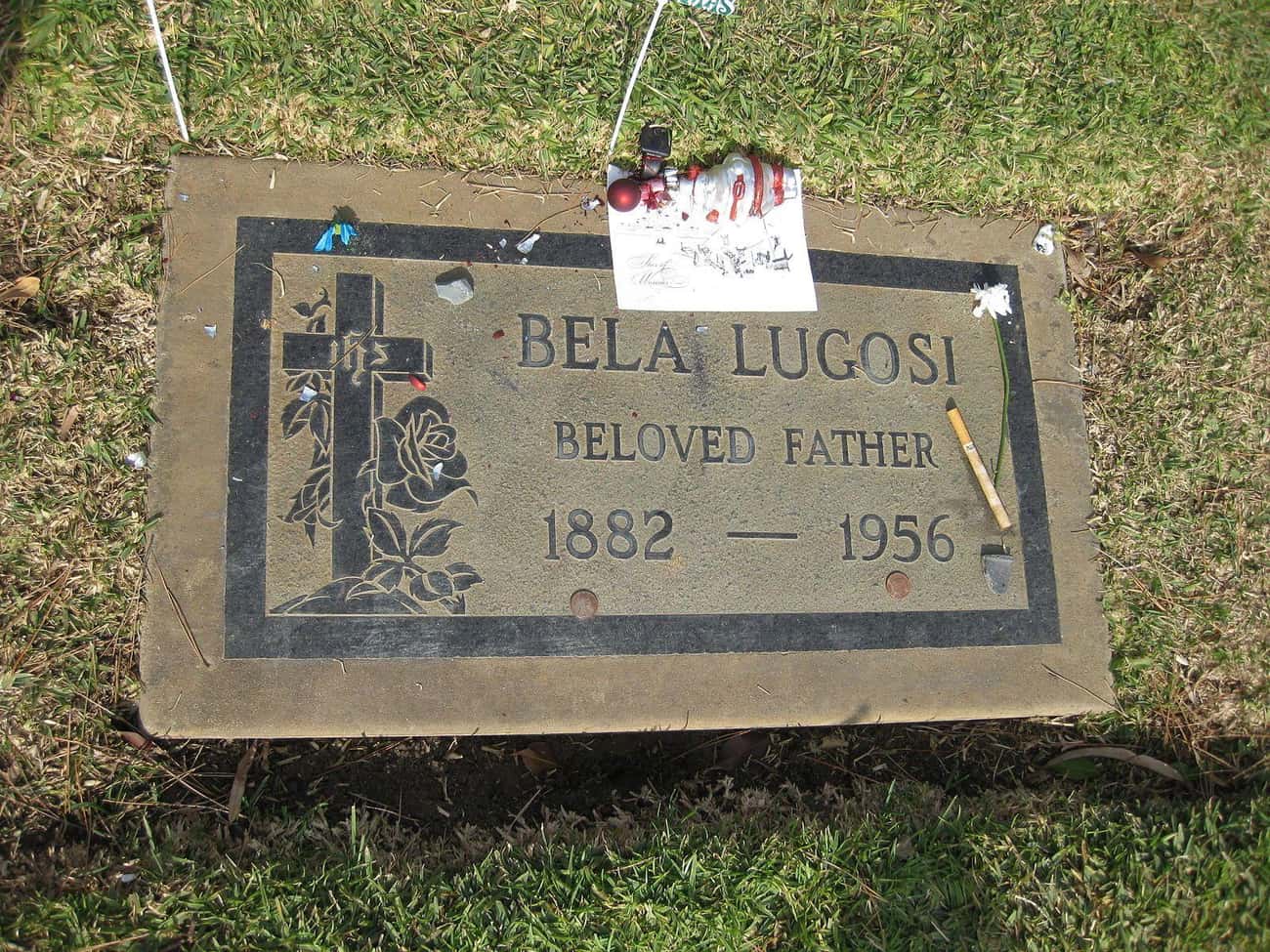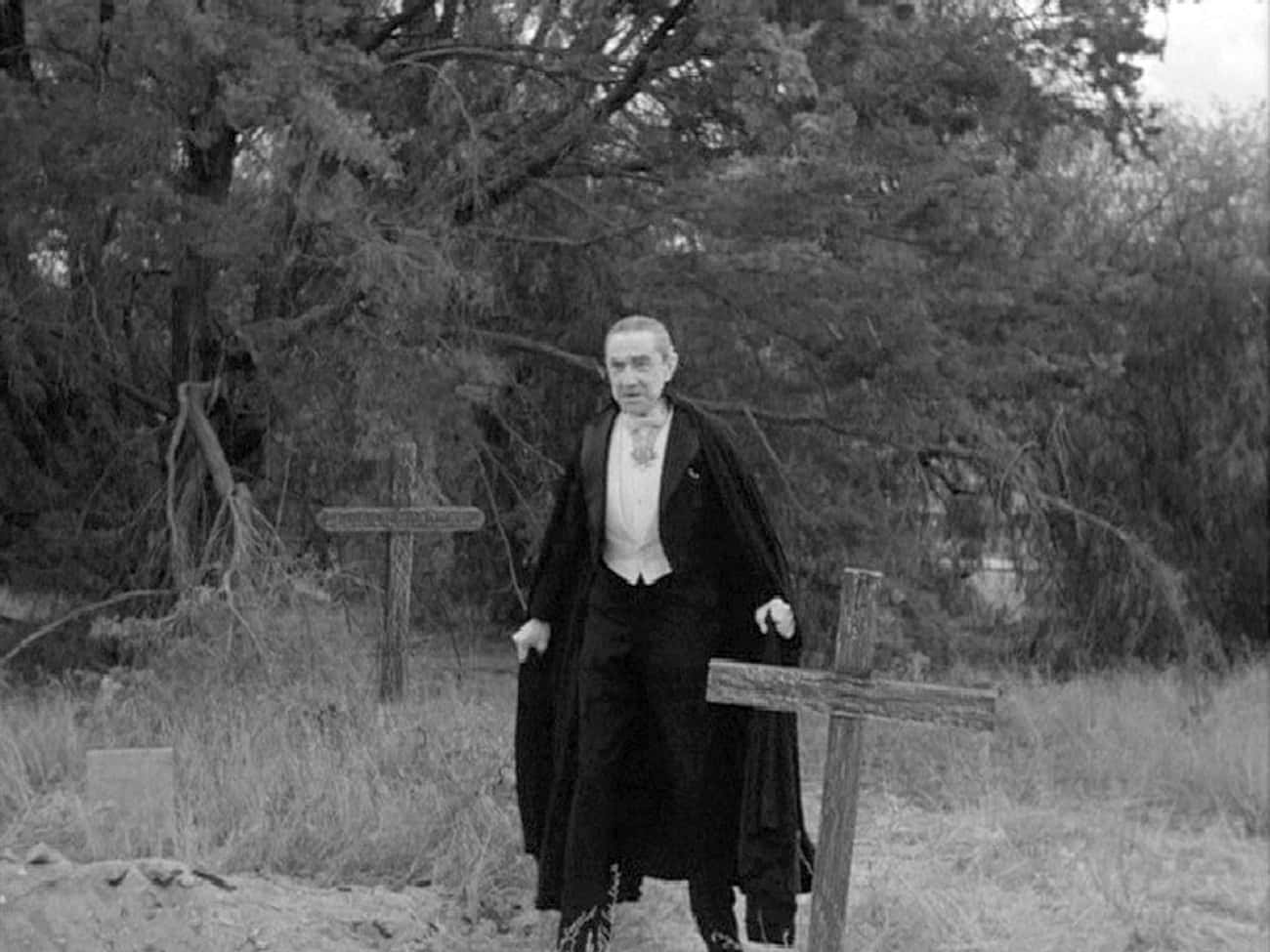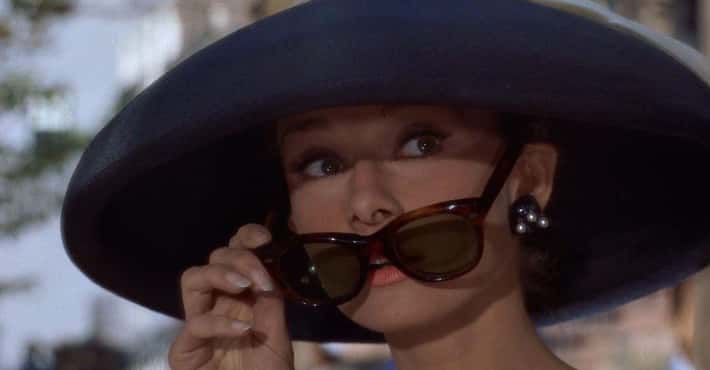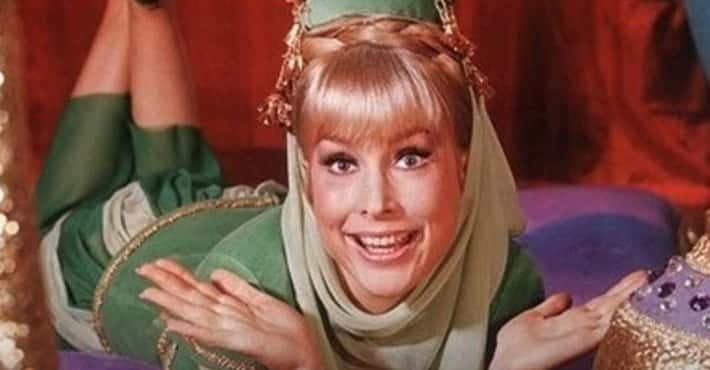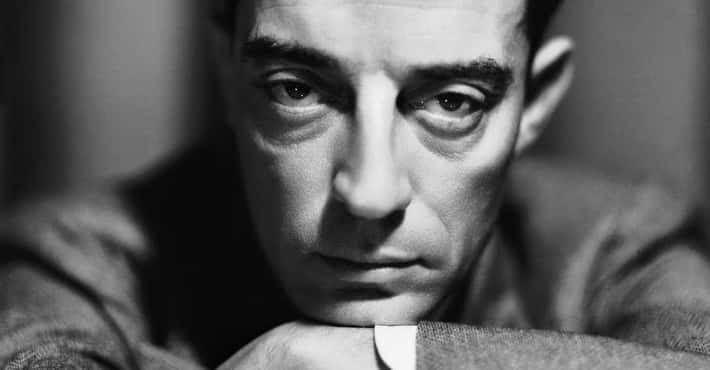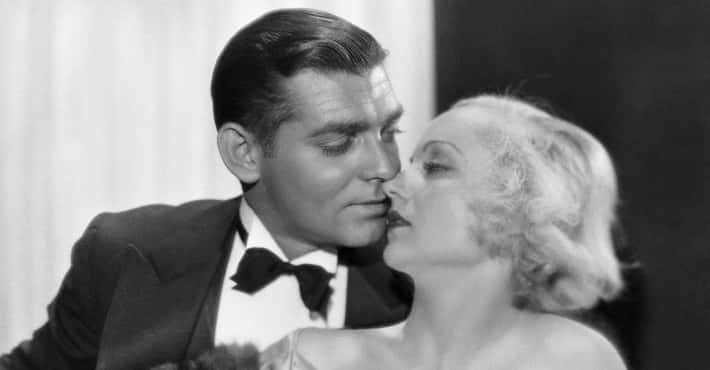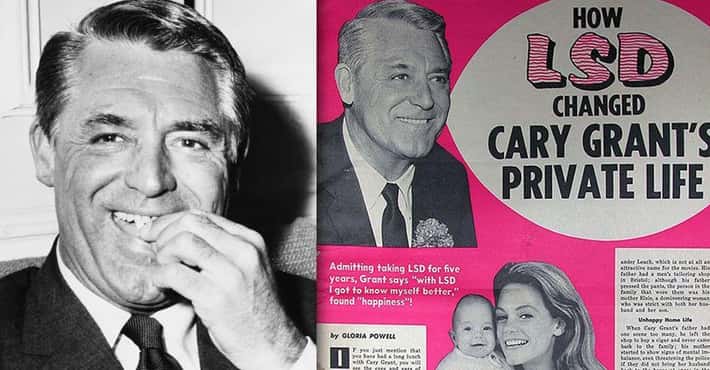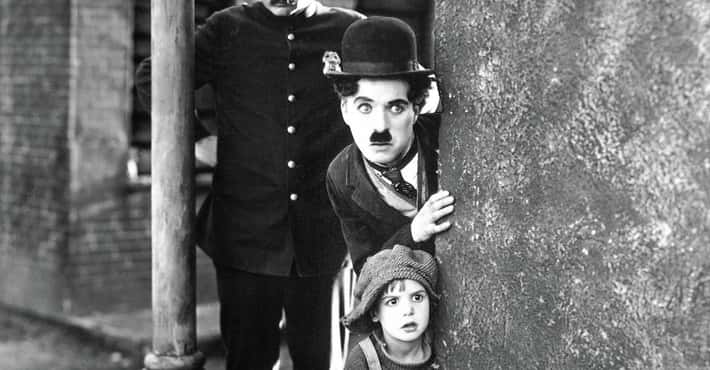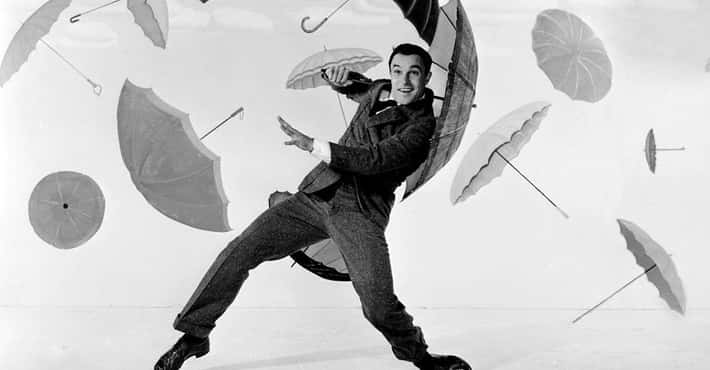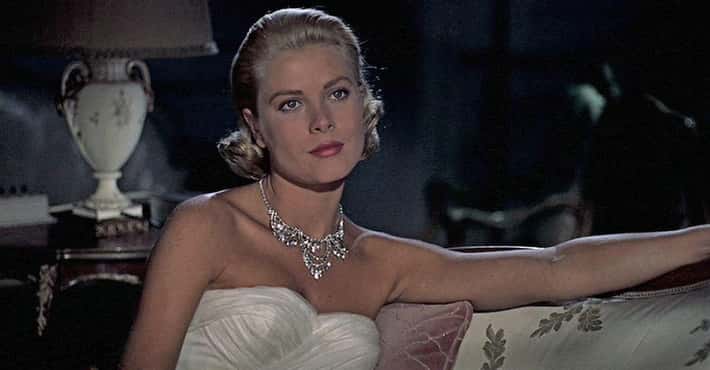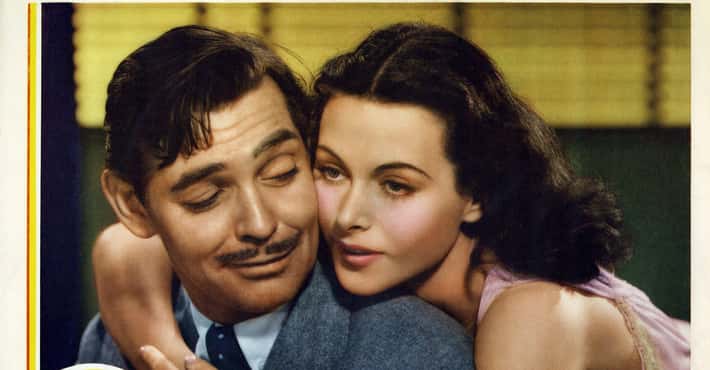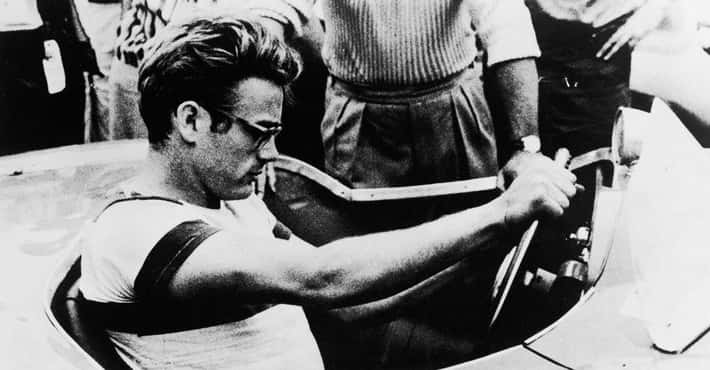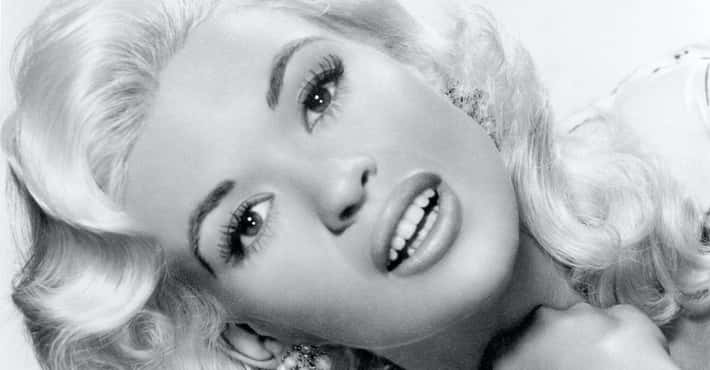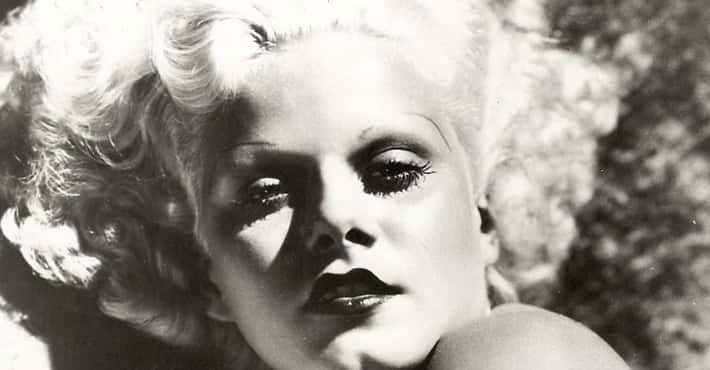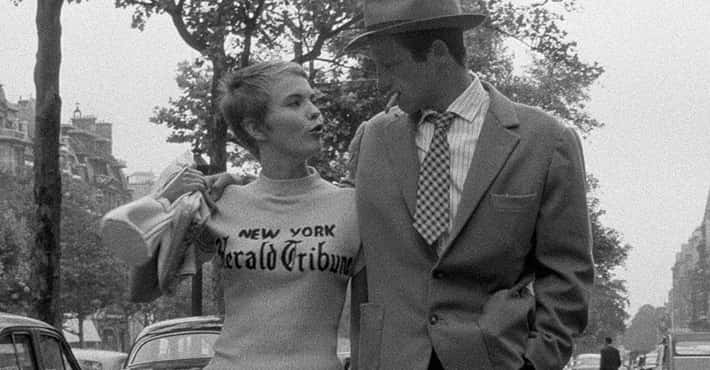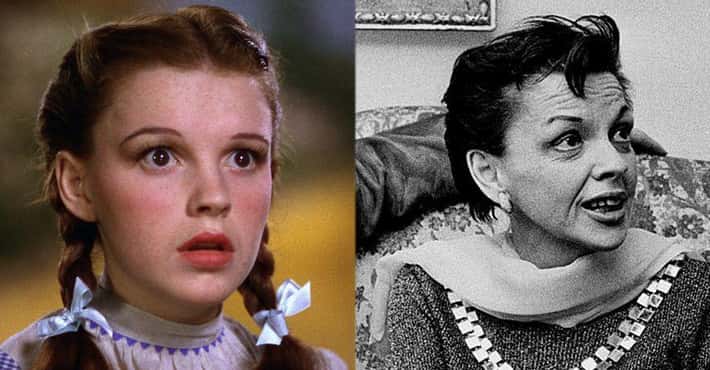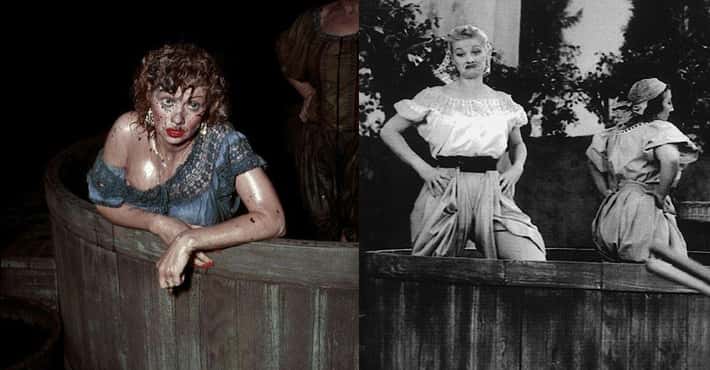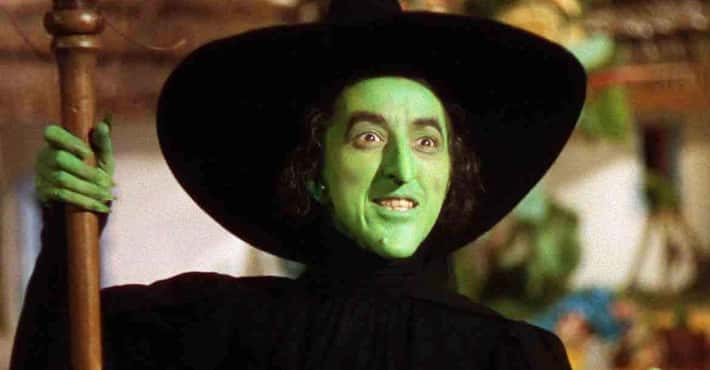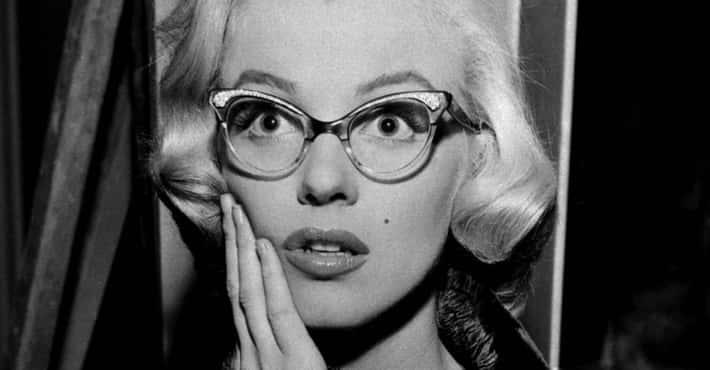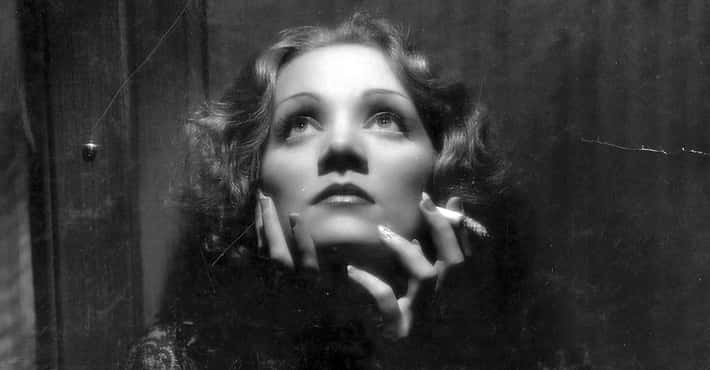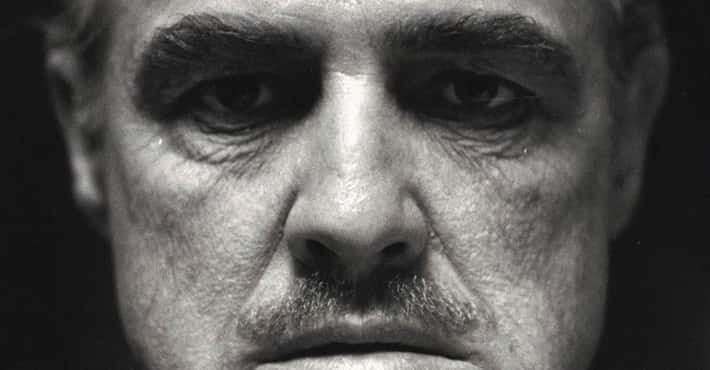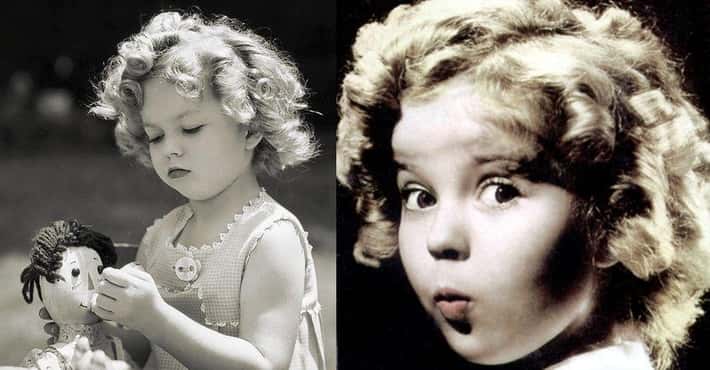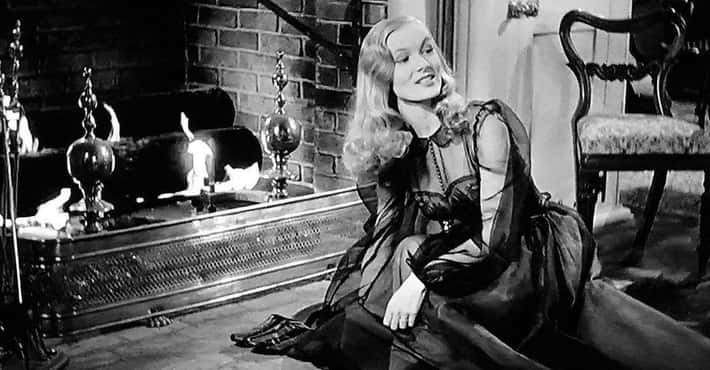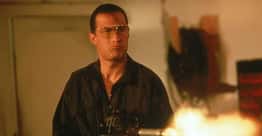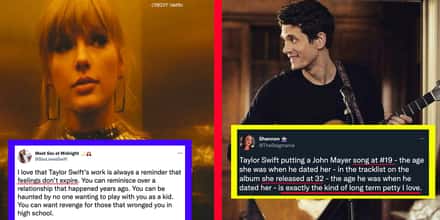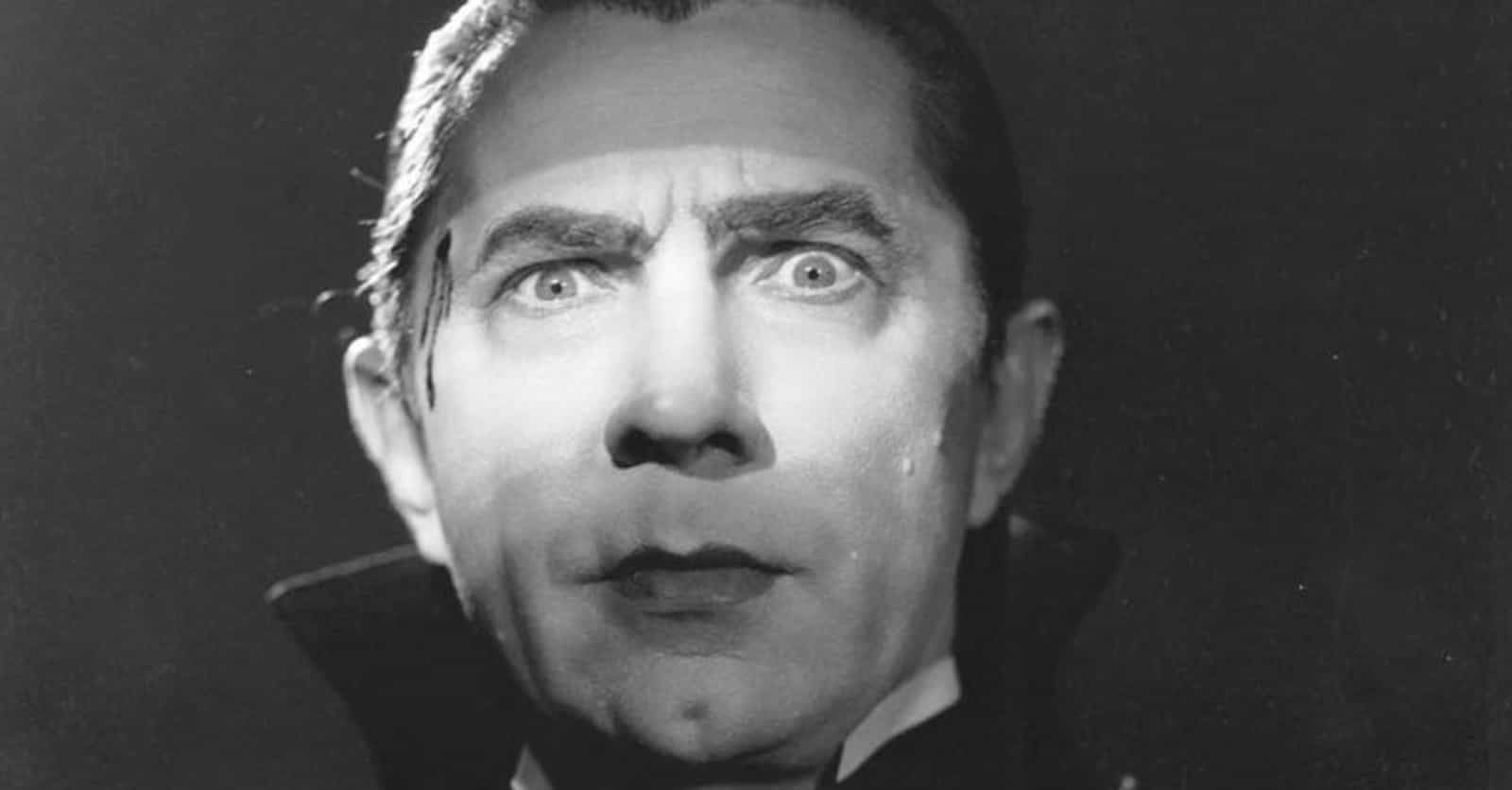
From Obscurity To Old Hollywood Monster Movies To Destitution: The Rise And Fall Of Bela Lugosi
- Photo: FOTO:FORTEPAN/Saly Noémi / Wikimedia Commons / CC BY-SA 3.0
He Snuck Out Of Hungary In A Hay Bale
In the early 1900s, political tension was rife in Hungary. The nation declared independence from the Austro-Hungarian Empire on October 17, 1918. Immediately after independence, a communist revolution toppled the government. Lugosi, who had fought in WWI, agitated for the communists within the local community of actors. When the communist regime was itself replaced, though, he found himself blacklisted at every state theater, effectively ending what had been a promising stage career.
Lugosi and his wife fled the country in 1919, hiding under bales of hay as they crossed the border to Vienna. From Vienna, they went to Berlin, where Lugosi quickly established himself as a leading man in German cinema. From Berlin, he made his way to the United States, passing through Ellis Island in March 1921.
- Photo: MsAnthea / flickr / CC-BY-ND 2.0
'Bela Lugosi' Was Not His Real Name
Although "Bela Lugosi" seems like the perfect stage name for an actor who became famous playing dark, seductive Eastern Europeans, his real name would have sounded even more foreign to American ears. He was born Béla Ferenc Dezsö Blaskó, in the town of Lugos, Hungary (now Lugoj, Romania), in 1882. When he began acting on the Hungarian stage, he took the name of his birthplace and called himself Bela Lugossy.
Over time, Lugossy became Lugosi - particularly when the dramatic Hungarian introduced himself to American audiences - and the name is now synonymous with the vampire he made famous.
- Video: YouTube

The Studios Claimed He Was Descended From Royalty
The crash of 1929 left the movie industry in shambles, and no studio suffered more than Universal. They needed a hit, though it's unlikely they expected it to come in the form of a horror movie based on a stage play based on a book. Indeed, it's surprising the project got off the ground at all, given that Bram Stoker's estate was locked in a litigation battle over an unauthorized version of the story (F.W. Murnau's Nosferatu).
To help drum up interest, early publicity for the movie claimed Lugosi himself was descended from European nobility - a claim that was completely unsubstantiated. Regardless, Dracula turned out to be a hit beyond all expectations, and Lugosi became instantly recognizable as the Count.
- Photo: Dracula/Universal Pictures
Women Reportedly Wrote Him Passionate Fan Letters
It wasn't until 1931 that Lugosi played the big screen role that would make him famous. After playing the titular character in Dracula onstage hundreds of times, Tod Browning's film made him a household name - and his recognizable look remains a pop culture staple to this day.
But it is perhaps surprising that the man who seemed born to play Dracula didn't play the Count until he was 48 years old. Still, the impact of his performance was electric. Lugosi recalled the effect he had on the women who saw him both onstage and off:
Women wrote me letters. Ah, what letters women wrote me! Young girls. Women from 17 to 30. Letters of a horrible hunger. Asking me if I cared only for maiden's blood. Asking me if I had done the play because I was, in reality, that sort of Thing. And through these letters, couched in terms of shuddering, transparent fear, there ran the hideous note of hope.
- Video: YouTube

His Screen Test For The Role Of Frankenstein's Monster Was A Disaster
The success of Dracula was a huge boost to Universal, and they quickly turned to make more monster movies. Naturally, Lugosi was immediately considered for Universal's next project: Frankenstein. The actor was brought in for a screen test, which sadly has not survived.
At the time, Frankenstein's monster hadn't been designed to look the memorable way it does now, so for the test, Lugosi wore a cheap wig. By all accounts, it only trivialized his performance. As a result of the disastrous screen test, the original director was fired, and the filmmakers began looking elsewhere for their monstrous lead.
Lugosi, however, was reportedly uninterested in the project due to its lack of lines. "I was a star in my country - I won't be a scarecrow in this one!" he allegedly said.
- Photo: Archive Photos/Stringer / Moviepix/Getty Images
He Had A Hot And Cold Relationship With Boris Karloff
After Boris Karloff was cast as Frankenstein's Monster instead of Lugosi, one would assume these two titans of horror would have become fierce rivals. From time to time, however, there was genuine warmth in their relationship.
According to Karloff, his relationship with Lugosi was a little complicated:
Poor old Bela. It was a strange thing. He was really a shy, sensitive, talented man who had a fine career on the classical stage in Europe. But he made a fatal mistake. He never took the trouble to learn our language. Consequently, he was very suspicious on the set, suspicious of tricks, fearful of what he regarded as scene-stealing. Later, when he realized I didn’t go in for such nonsense, we became friends.
On the other hand, Lugosi's widow later said, "Bela didn’t like Karloff; he thought he was 'a cold fish.'"
- Photo: Dracula/Universal Pictures
He Constantly Undervalued His Talents, Even As Dracula
Despite playing Dracula onstage to great success, Lugosi had a hard time breaking into film. He often played supporting roles or bit parts. When Universal chose Tod Browning to direct Universal's adaptation of Dracula, however, he lobbied hard to give the part to Lugosi.
At first, Universal was unconvinced, but Lugosi volunteered to cut his salary down to $500 a week, an insultingly low figure at the time.
This became a pattern for Lugosi, who often found himself dramatically underselling his talents. He was constantly bankrupt, forced to accept measly offers to ward off his creditors. One of his biographers estimates:
Lugosi from 1929 averaged less than $10,000 a year. From these earnings, one must deduct an agent's fee of 10%. Certainly Lugosi was one of the worst paid of Hollywood's so-called stars.
After 'Dracula,' Typecasting Ruined His Career
Throughout Hollywood history, many good actors break through with a desirable role, only to find themselves stuck playing a version of that part for the rest of their lives. But few actors had it as bad as Lugosi. After his success in Dracula, he found he could not be cast as anything else.
Universal had a stranglehold on the Dracula property, so Lugosi was often asked to play mad scientists and sinister hypnotists. Even in these cases, however, it's clear that he was directed to be as much like the Count as possible.
Lugosi was able to keep a sense of humor about it, though, saying:
I discovered that every producer in Hollywood had definitely set me down as a "type" - an actor of this particular kind of role. Considering that before Dracula I had never, in a long and varied career on the stage of two continents, played anything but leads and straight characters, I was both amused and bitterly disappointed.
Producers Almost Passed Him Over For A Movie Because They Forgot He Was Alive
In the late 1940s, Lugosi was definitively past his prime. A string of low-quality B-movies had damaged his name, and his substance use was well-documented in Hollywood circles. A comeback seemed impossible. A potential opportunity for Lugosi hovered in the form of Abbott and Costello Meet Frankenstein, a satire of the now old Universal Horror franchise and one of the few high-budget studio pictures the aging star had a real shot at getting.
The only problem was the producers were somehow unaware Lugosi was still alive, so he was almost passed over for the role of Dracula in the film. It was a low point for Lugosi, almost being overlooked for the very part that had made him famous.
He was eventually cast in the spoof, but it did little to turn his fortunes around and was his last picture for a major studio.
- Photo: Ron Case/Stringer / Hulton Archive/Getty Images
His Final Tour As Dracula Was A Humiliating Disaster
In 1951, Lugosi returned for a final time to reprise the role that made him famous, agreeing to a short run of performances of the stage version of Dracula across smaller markets in Britain. He hoped these performances would lead to a successful run in London, but that was not to be the case.
Mismanagement plagued the tour from the beginning. It was a huge mess, and though it's difficult to separate fact from fiction, it's clear it was a bitter disappointment for Lugosi.
Originally, Lugosi hoped to gain the interest he needed after the six-week tour to reinvigorate his career. But soon, he had been on the road for over a dozen weeks, and there was still no sign of interest from London.
At 68 years old, Lugosi could no longer handle the rigors of such an extended tour. He began dropping cues and saying the wrong lines. After 20 weeks on tour, the show closed and Lugosi retreated to the US.
- Photo: film screenshot (Monogram Pictures) / Wikimedia Commons / Public Domain
He Was Very Jealous In Relationships
Despite his courtly demeanor, Lugosi could often be temperamental and vindictive. Nowhere is this more evident than in his divorce from his fourth wife, Lillian Arch Lugosi. When she filed for divorce, he wrote her a poem in a letter that, while intended as a bittersweet summation of their relationship, had some troubling lines:
Dear Lilian,
Leave me - if you can.
If you think you have the strength to do it.
Don't even be sorry; don't be sorry for me - go!
Lilian left. In the court documents that followed, she testified that Lugosi was incredibly jealous and kept a constant watch on her; she "could not even go to the dentist without his calling up to check."
Since Lugosi did not attend the hearing, the court sided with Lilian. Knowing Lugosi did not have the money to pay her proper alimony, the judge sentenced him to pay only $1 per month.
- Photo: Bettmann/Contributor / Bettmann/Getty Images
His Final Years Were Spent In Destitution
If there is one specter that haunted Lugosi, it was his inability to manage money. He was always a lavish spender, and a combination of his habits, addiction, and an ever-growing pile of debt meant Lugosi spent much of his life on the edge of bankruptcy. And as his poverty forced him to accept less money for his work, his stardom faded.
In the later years of his life, Lugosi was often penniless. He relied on charity, often from unexpected quarters. Frank Sinatra is rumored to have made a number of anonymous donations to Lugosi. Sinatra's motives for this are unknown; perhaps he admired the older actor or had fond memories of his movies.
Regardless, the money must have been greatly appreciated, as Lugosi had been reduced to a shadow of his former self, commenting to one interviewer, "Now I am the boogieman."
- Video: YouTube
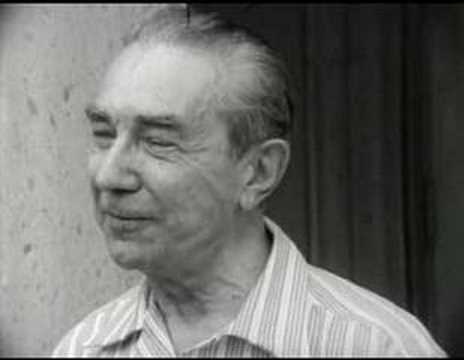
He Suffered Through Difficult Dependencies
In 1955, with his career in shambles and substance use that was out of control, Lugosi checked himself into Los Angeles General Hospital's psychopathic ward. It was a remarkable step for someone in the public eye to take, especially given the attitudes of the time.
In a hearing a few days later, a judge committed Lugosi to the state ward at Lugosi's insistence. There, the actor read a new script by Ed Wood and reportedly received a letter a day from Hope Lininger, one of his fans. When he was released from the ward, he was smiling, and told reporters he felt like a "new man." He married Lininger soon after that; she became his fifth wife.
Unfortunately, the good times were not to last long. One year later, Lugosi had a heart attack in his Los Angeles home - his wife reportedly found him in unresponsive on his bed.
- Photo: IllaZilla / Wikimedia Commons / CC BY-SA 3.0
He Was Laid To Rest In His Dracula Costume From The Original Film
Lugosi's service was distinguished more by who wasn't there than who was. Most of his directors, many of his costars, and numerous friends did not attend. Perhaps most conspicuous in absentia was Boris Karloff - Lugosi's longtime friend/rival and fellow monster.
Lugosi clung to his legacy until the end and was interred wearing his costume from Dracula. Everything was original, except the cape - he had given it to his son, who put it up for auction in 2011.
After His Passing, Ed Wood Used Footage Of Him To Make One Of The Worst Movies Of All Time
Lugosi's final film role is a legendary piece of schlock: Plan 9 From Outer Space. At the time of his passing, Lugosi was working on a number of potential projects with filmmaker Ed Wood. One of these projects was called The Vampire's Tomb, for which they had already shot some material. After Lugosi passed, Wood decided to build a zombie movie around the footage.
To fill out the five minutes he had filmed with Lugosi, Wood used his wife's chiropractor as a stand-in. It's laughably clear in the remaining footage that the man looks nothing whatsoever like Lugosi.
While some have decried this movie as a cynical cash grab on Wood's part, there is significant evidence that he meant it as a loving tribute to his friend. Lugosi had become a kind of muse for Wood, offering his work a legitimacy the rest of Hollywood denied him.


